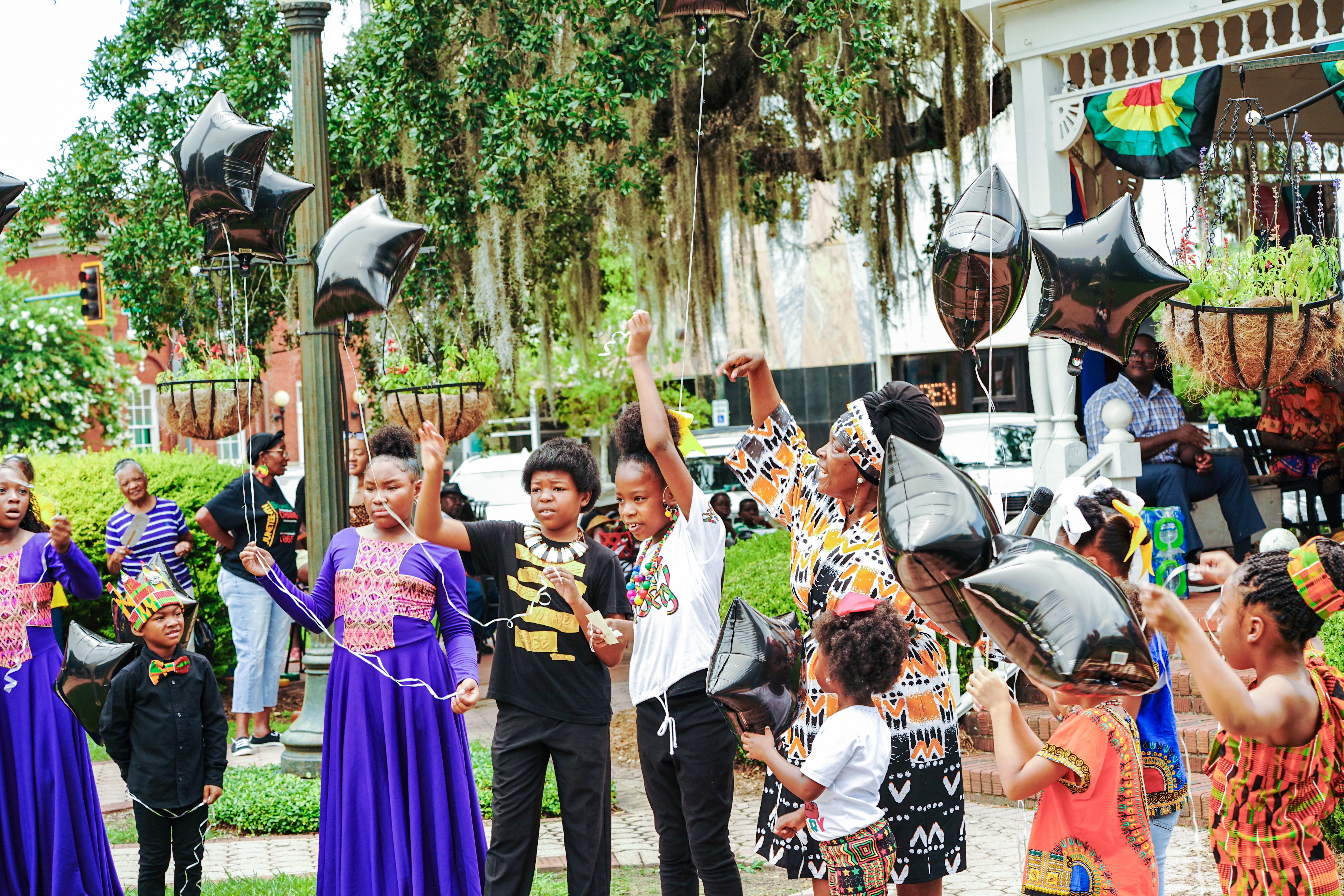Bainbridge city council declines further comment on primate facility, hears alcoholic beverage license requests and more
Published 5:13 pm Thursday, February 22, 2024
|
Getting your Trinity Audio player ready...
|
The Bainbridge city council chambers were packed again on Tuesday evening, with residents bringing signs and stickers protesting Safer Human Medicine’s (SHM) planned primate facility. Following the invocation, pledge and approval of the previous meeting’s minutes, Mayor Edward Reynolds addressed the crowd, stating that since the matter of the primate facility has now entered into litigation, with the city involved in one of the three cases, the council would refrain from any action or comment, as per advice from their legal counsel.
“Some have taken the city’s silence to be inaction,” Reynolds said. “That is certainly not the case. The city initiated a letter to the Development Authority that led to their meeting on February 2. We have clearly expressed our feelings to the company, and we shared that through a joint statement with our partners. Our position has not changed.”
Following this address, Reynolds stated that speakers on the topic of Safer Human Medicine would be limited to three speakers allotted five minutes a piece, for a total of fifteen minutes, “to avoid redundancy.”
The first person to speak was Steve Sykes, a Thomasville resident and representative for Johnny and Penny Reynolds, whose property directly neighbors the facility. Sykes asserted that locals were not given proper notice of the meeting, and that the project had been very secretive.
“Working on a project of this magnitude for several months, in secret, and taking a vote that was not properly publicized to allow the community to participate is not good public policy,” he said. “It has cost you personally, professionally, and politically, and it may cost the citizens of this community financially.”
Sykes went on to assert that the city had violated its zoning ordinances, and had ignored Safer Human Medicine’s request that the facility not be within one mile of residential properties.
“Why that would not be important to you, I don’t know,” he said.
Sykes also stated that the joint public statements issued by the city, in regards to pulling their support of the primate facility, needed to be properly authorized in a meeting.
“I understand that you may not want to take a vote related to the monkey farm, but how can the city council make public statements and sign letters without city council discussion and authorization?”
Following Sykes, Amy Meyer, manager of PETA’s Primate Experimentation Campaigns, spoke to the council. Myer gave an overview of the recently-filed legal complaint against the city, that being the the city violated the Open Meetings Act.
“Leaders make mistakes,” Meyer said, “but they have to admit when they’ve made those mistakes, and then actually take meaningful action to undo them.”
Meyer went on to argue that animal testing was being phased out, and also brought up the smuggling of primates from Asia, as SHM’s executives previously worked at companies that are currently under investigation for potential involvement in said smuggling.
After Meyer spoke, Margueritte Jackson took to the podium to speak about an issue that would be brought up later on the agenda, that being the Off the Hookah Lounge, which neighbors some of her downtown property. Jackson levied several complaints against the business’s patrons, including multiple cars parking on her property, as well as finding broken alcohol bottles, used hygiene products and human feces on her property afterwards.
“I want them to be in business, they just need to find a place where there’s 60 to 80 parking spaces, and there are other places they could do that,” she said. “I would be happy for them to be in business, just not downtown, because of the havoc that they wreck.”
Next, the council considered a special application for a one-day alcoholic beverage license, submitted by the Chamber of Commerce for on-premises consumption during Rivertown Days. The application was granted.
Standard alcoholic beverage licenses were considered after this. All but one was approved, that being a request filed by the Bainbridge-Decatur County Recreation Authority. The Authority had filed for a license with the intention of selling alcohol at the Bill Reynolds Tennis Center. Roslyn Palmer raised concern over the sale of alcohol at the facility due to the presence of youth at the facility.
“Even if it’s designated for tennis, there are youth who work there,” she said. “We all were teenagers, we know that somebody may want to try to slip a swallow of beer.”
Mark Gonzales, the Rec Authority Tennis Director, addressed the council about this.
“Just to clarify, we have twelve new pickleball courts as well,” he said, “so the socialization of pickle ball and tennis has increased drastically… The intent is to cover the pickleball courts as well, and to create a family-friendly facility out there.” Gonzales argued that both public and private facilities were hosting events that “allow the opportunity to sell beer and alcohol.”
After Gonzales concluded, Councilwoman Palmer made a motion to deny the application, which the council voted in favor of.
Additionally, the owners of Off the Hookah spoke, addressing the complaints levied by Jackson earlier. They contended that they employ a cleaning crew to clean every night, and argued that some of the trash discarded had been left out by “the people that roam the street”. They also contended that nobody had complained over parking “issues” downtown during events like the recent Mardi Gras parade, and that their business was being targeted. Mayor Reynolds reiterated that the Jackson’s lot was private property; “A private person can choose to say that it’s okay for a city event and not okay for some other event. That’ private property, for them to decide.”
Issues with Off the Hookah’s license application had been raised at last month’s meeting, resulting in the matter being pushed back to this month. City manager Chris Hobby stated that the owners had since fulfilled all the application requirements, and their application was approved with the other alcoholic beverage licenses.
Next, the council was presented an intergovernmental agreement for paving/resurfacing in Attapulgus. According to City Manager Hobby, the agreement leaves Attapulgus responsible for 100% of the cost, and payment would be due within 100 days of the completion of the work. The council voted to approve the agreement.
After this, the city was presented with a consideration to request formal concurrence of utility funding. Hobby stated that this would be done to move and upgrade utilities, in relation to the Whigham-Dairy Road project, with the Georgia Department of Transportation offering thousands of dollars in utility aid. The total cost of the utility relocation and expansion is $3,103,197, according to Hobby, with the city having received a $2,000,000 commitment from GEFA. The council voted to request the funding from the GADOT.
Next on the agenda, the council made a mayoral appointment, that being Sarah Brown, to the Historic Preservation Committee.
After this, Lisa Taylor presented the council with the first quarter financials. Taylor stated that the city had $2,676,748 cash on hand at the end of December 2023, $240,916 more than last year.
After Taylor’s presentation, City Engineer Gabe Menendez gave the council a division presentation from the community services division. He spoke on several different projects, including sidewalk projects, the expansion of the water distribution network to the industrial park, as well ongoing work at Chason Park.
Lastly, the city was presented with a bid from Hawkins, Inc. for three chemicals (liquid chlorine, liquid sulfur dioxide, and hydrofluosilicic acid, with the bid price at $44,400. The council approved the bid.
After this, the meeting was adjourned.






